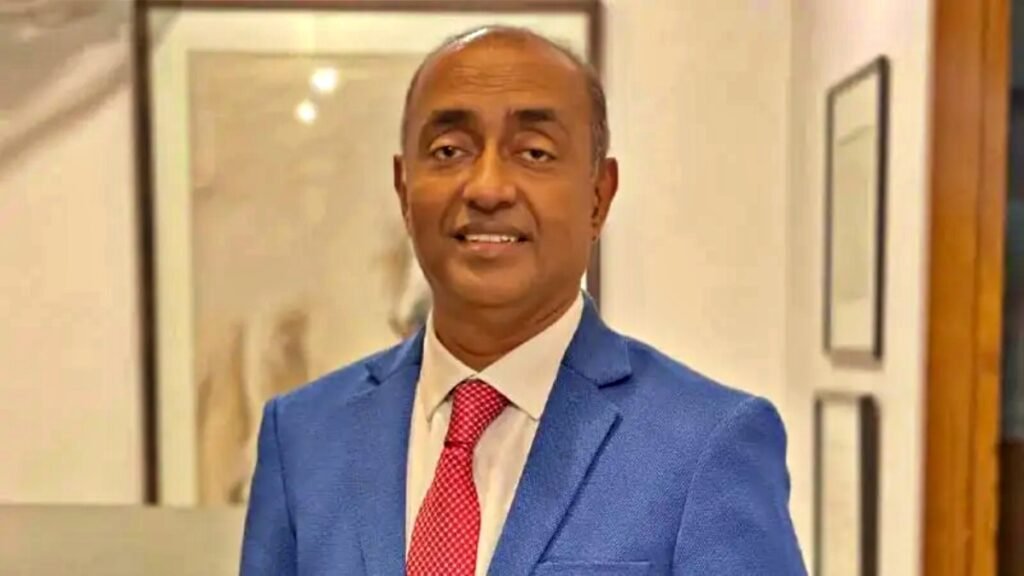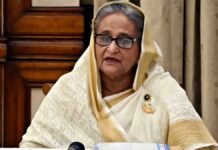
Dhaka: In a controversial move, Bangladesh’s Attorney General Md Asaduzzaman has advocated for removing the term “secular” from the country’s Constitution, asserting that such a change would reflect the majority-Muslim identity of Bangladesh. With Muslims making up nearly 90% of the population, Asaduzzaman argued during a court hearing that revising the Constitution would better align it with the nation’s “democratic and historical ethos.” This proposal has sparked significant debate, with neighboring India expressing concerns over what it called the “rise of radical Bangladesh.”
Revisiting Secularism and National Identity
The proposal came during a hearing on the legality of the 15th Amendment, where Justices Farah Mahbub and Debashish Roy Chowdhury presided over the session. The Attorney General emphasized that the original Constitution held “constant trust and faith in Allah” and argued for a return to these foundations. He highlighted that Article 2A, which calls for equal rights and equality in religious practice, contradicts Article 9’s focus on Bengali nationalism, making secularism an “inherent contradiction” in the country’s legal framework.
“Earlier, there was constant trust and faith in Allah. I want it the way it was before,” Asaduzzaman stated, arguing that secularism does not fit the societal and religious framework of Bangladesh. He further stated that labelling Bangabandhu Sheikh Mujibur Rahman as the “Father of the Nation” through constitutional amendments also contributes to division, rather than unity, across Bangladesh. While he acknowledged the importance of honoring Sheikh Mujib’s contributions to the nation, he warned that mandating such recognition could stifle freedom of speech and alienate certain groups.
India’s Concerns and the Label of ‘Radical Bangladesh’
India has responded critically, calling these constitutional changes a step toward radicalism. This development raises concerns about the increasing influence of conservative and nationalist forces in Bangladesh and the potential for strained diplomatic relations between the two countries. India’s remarks highlight apprehensions that Bangladesh may be moving away from its secular roots and toward a more polarized identity that could have regional implications.
Legal Pursuits and Political Upheaval: Sheikh Hasina Faces Arrest Warrant Amidst Tribunal Reforms
In a related and highly charged turn of events, a special tribunal in Bangladesh on Tuesday requested that Interpol issue a notice for the arrest of former Prime Minister Sheikh Hasina. Hasina, who fled to India with close aides on August 5 this year, faces allegations of responsibility in the deaths of hundreds of protesters during a mass uprising that challenged her administration. Following her departure, Nobel laureate Muhammad Yunus assumed leadership as the interim head of Bangladesh on August 8. His administration has since restructured the country’s tribunals, notably those handling crimes against humanity related to the nation’s 1971 independence war against Pakistan.
The reconstituted tribunal, under Yunus’s direction, has intensified its pursuit of justice, with Yunus’s government pledging to seek Hasina’s extradition from India. The tribunal’s renewed focus, however, raises complex questions about political impartiality and international law, especially as Yunus’s government works to navigate a contentious political landscape in Bangladesh.

A Complex Road Ahead for Bangladesh’s Constitutional Future
As the proposals to reshape the Constitution are debated, Bangladesh’s political landscape appears increasingly volatile. The removal of “secularism” and potential changes to Sheikh Mujib’s designation reflect a broader ideological shift that may reshape the country’s identity. Meanwhile, the possible trial of Sheikh Hasina underscores an era of political reckoning, as Bangladesh confronts its past while reshaping its future. With international interest mounting, particularly from neighboring India, Bangladesh faces heightened scrutiny as it navigates these transformative and divisive changes.





















































